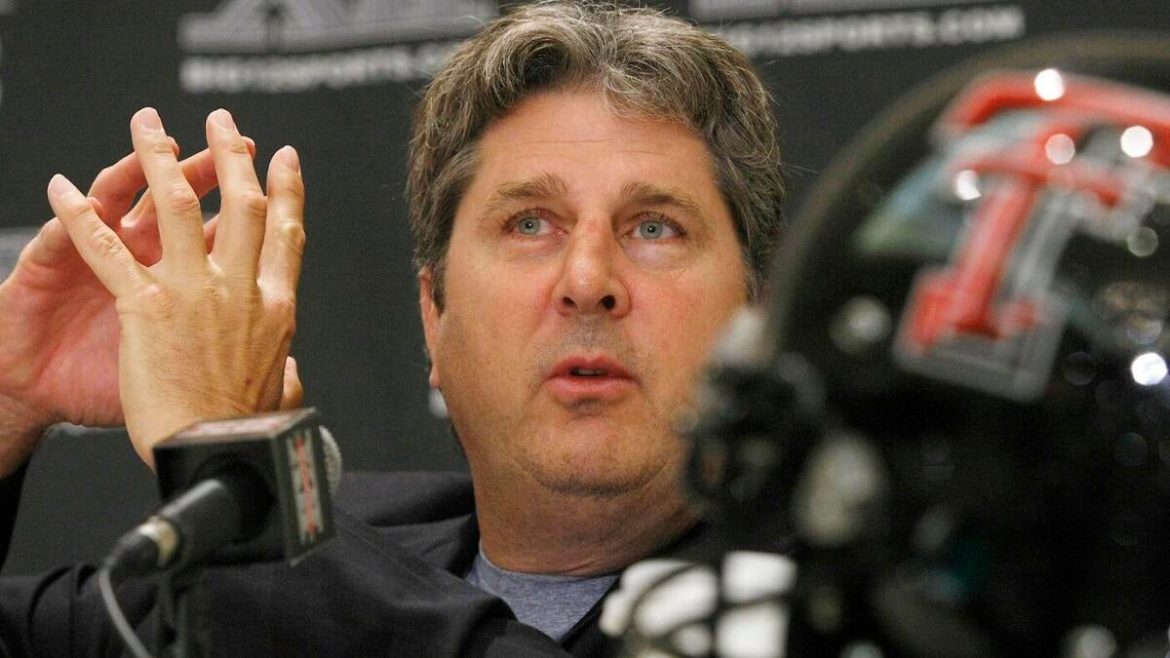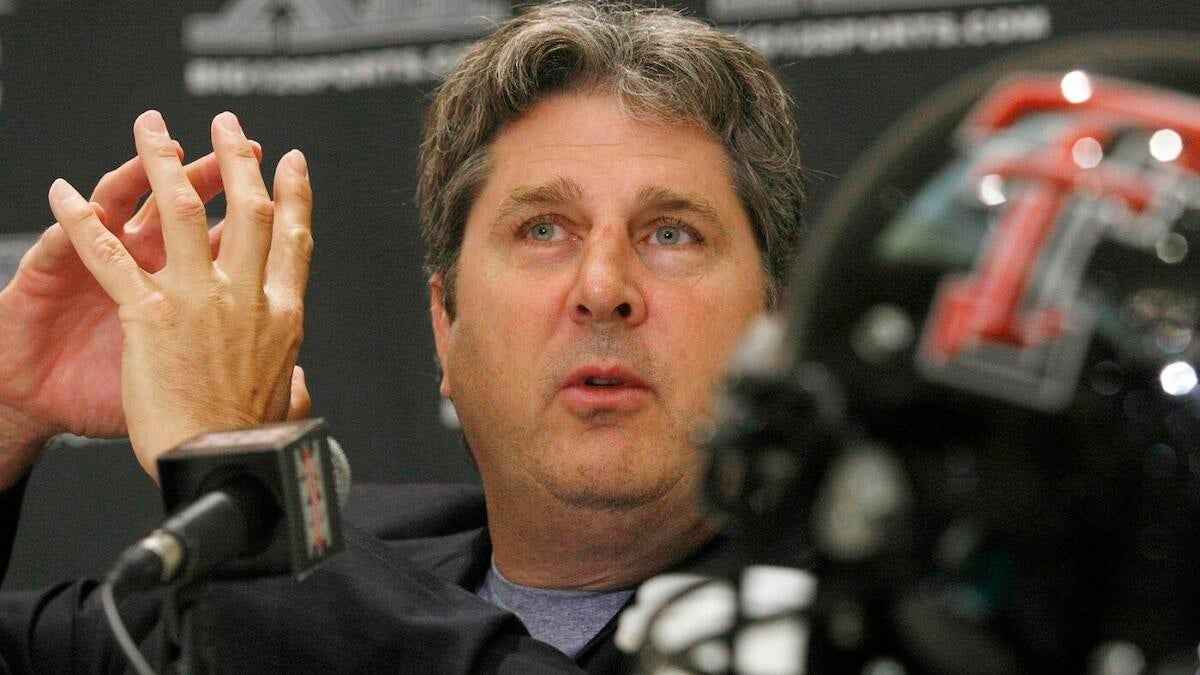Revisiting Mike Leach’s College Football Hall of Fame Eligibility: Beyond the Numbers
Mike Leach, a groundbreaking figure in college football coaching, has long been regarded as a transformative figure in the sport. Yet, for years, he was excluded from the College Football Hall of Fame, not because of a lack of impact or legacy, but due to an inflexible, numeric eligibility criterion. The recent revisions to the National Football Foundation’s (NFF) criteria have finally made Leach eligible, but his case highlights deeper issues with the Hall of Fame’s selection standards.
—
The Crux of Mike Leach’s Eligibility Dilemma
Leach’s coaching record stood at 158 wins and 107 losses, falling marginally short of the Hall of Fame-required winning percentage of 60% (.600). His actual win percentage was approximately .596, just two wins shy of the threshold. While he exceeded the required tenure of at least 10 years and 100 games coached, this fractionally missed winning percentage became an insurmountable barrier for years.
The controversy stemmed from the rigidity of these numerical thresholds. Despite Leach’s long career across multiple institutions—including Texas Tech, Washington State, and Mississippi State—and his influence on offensive strategy and the air raid system, the Hall cited strict compliance with quantitative standards as a basis for exclusion.
—
The “Mike Leach Rule” and NFF Adjustments
In a move widely viewed as an acknowledgment of this anomaly, the National Football Foundation announced a slight lowering of the winning percentage requirement—from 60% to 59.5%—effective from 2027 onwards. This adjustment, often referred to informally as the “Mike Leach Rule,” makes him eligible for induction posthumously.
While this change finally corrects the most blatant barrier impacting Leach’s candidacy, it is a band-aid solution rather than a resolution of systemic issues. Many observers note that it addresses only the narrowest quantitative gap without tackling the broader arbitrariness these rigid rules impose on Hall of Fame selections.
—
The Arbitrary Nature of Eligibility Criteria
Leach’s case illuminates a broader critique of the Hall of Fame’s eligibility standards:
– Overreliance on Winning Percentage: Evaluating coaching greatness through a single numeric threshold oversimplifies varied coaching contexts. Factors such as the strength of schedule, program resources, innovation impact, and cultural contributions to the sport are sidelined.
– Lack of Flexibility: The strict criteria deny nuanced judgment. Should a coach who revolutionized tactics or transformed programs be penalized for marginally missing a statistical mark? Leach’s legacy suggests otherwise.
– Consistency and Exceptions: Historical Hall of Fame inductees sometimes did not meet all modern criteria, raising questions about consistency. While the NFF wants to maintain high standards, there is an evident tension in applying rigid rules uniformly to different eras and circumstances.
—
The Legacy of Mike Leach Beyond the Numbers
Leach was not merely a tally of wins and losses. He was a trailblazer who challenged traditional offensive conventions and brought a distinct personality to the college football landscape. His air raid offense changed how football was played and coached, influencing countless coaches and teams thereafter.
Furthermore, supporters point out that many of the games lost on his record were often closely contested or involved elements outside his control, such as controversial officiating decisions—a grievance notably expressed by Washington State fans.
His impact was such that the Hall’s initial refusal to consider him felt like an egregious omission to many fans, commentators, and football insiders.
—
What Leach’s Eligibility Change Means for the Hall of Fame
The revision allowing Leach’s eligibility is a step forward but not a final answer:
– Recognition of Nuance: It shows willingness by the NFF to adapt standards, even if incrementally.
– Precedent for Future Cases: It may open the door for reassessing other borderline cases that strict rules currently exclude.
– Public and Expert Pressure: Leach’s situation has galvanized football communities to advocate for a more holistic evaluation of coaching greatness.
—
Conclusion: Beyond “Fixing” Mike Leach’s Case
Mike Leach’s eventual eligibility for the College Football Hall of Fame addresses the most glaring injustice in recent years—but it leaves the fundamental question unresolved: Should a coach’s candidacy be determined by one number alone? Leach’s career and legacy argue powerfully for a broader, more flexible, and context-sensitive approach to honoring coaching legends.
The College Football Hall of Fame now faces a crossroads—either continue clinging to rigid metrics or evolve towards an evaluative process that better captures the richness and diversity of coaching excellence. Mike Leach’s story is a potent reminder that the history and future of college football coaching merit more than arithmetic; they demand narrative, context, and genuine understanding.





